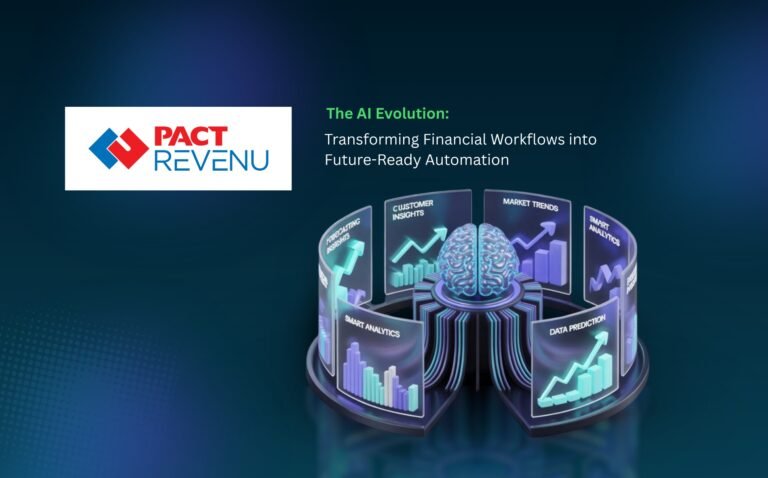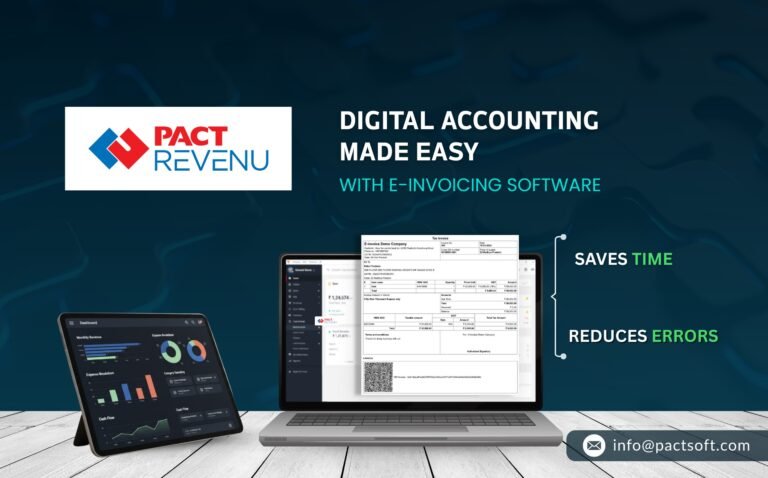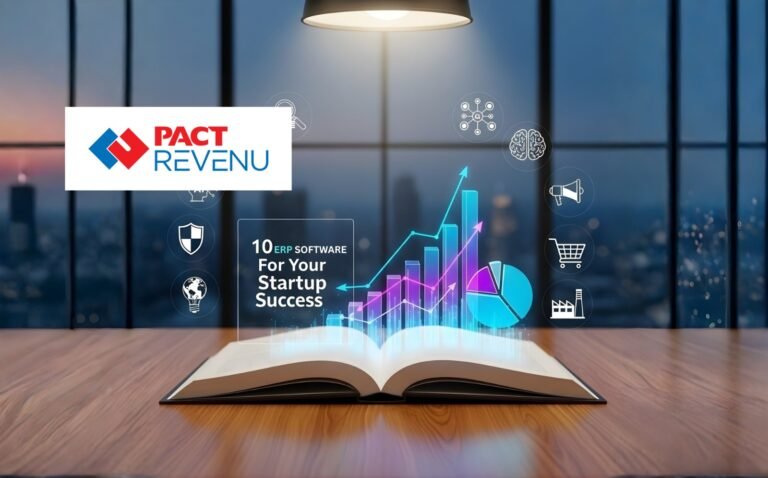Understanding ERP: What is ERP & Why do you need it?
Introduction
ERP, or Enterprise Resource Planning, is a critical asset in the modern business world, and its significance in Saudi Arabia continues to grow. In a region where digital transformation is a national priority and efficiency is essential, ERP systems have become the foundation for streamlined, agile operations. Businesses across the Kingdom are realizing that without centralized systems to manage finance, HR, procurement, and other key functions, staying competitive is nearly impossible.
An ERP system unifies core business processes—finance, HR and payroll, procurement, sales, inventory, and customer relations—into one integrated platform. This consolidation allows companies to eliminate silos, reduce manual errors, and gain real-time insights across departments. The result is faster decision-making, increased operational efficiency, and improved ability to respond to shifting market conditions or regulatory changes.
In Saudi Arabia, ERP adoption is not just a trend—it’s a necessity. From major cities like Riyadh, Jeddah, and Dammam to industrial hubs like Jubail and Khobar, and even emerging areas like Taif, businesses are embracing ERP to address local challenges. Whether it’s ensuring compliance with evolving regulations, managing complex supply chains, or scaling quickly in a growing economy, ERP systems help organizations overcome obstacles and drive long-term success.
What Exactly is ERP? A Comprehensive Overview
Think of ERP as the central nervous system of your business. It connects all essential functions as mentioned above—from finance to sales, procurement, HR, inventory, and more—into a single system.
This means that when you make a sale, the ERP system automatically updates inventory, finance records, and customer details all at once. This seamless integration ensures that every part of your business is in sync, reducing errors, saving time, and enhancing overall efficiency.
Why do businesses need ERP?
ERP systems serve as the command centers of modern businesses. Here’s why they’re indispensable:
Efficiency Boost
ERP systems automate and streamline various business processes, significantly reducing manual labor and minimizing errors. Imagine your manufacturing plant in Jubail, where every machine knows exactly what parts it needs and when—that’s ERP in action.
Accurate Information
With ERP, everyone in your business—from finance in Riyadh to sales in Jeddah—has access to the same up-to-date information. This eliminates discrepancies and ensures that all departments are aligned, making the business run smoothly.
Growth Engine
As your business grows—whether you’re expanding operations in Dammam or opening new branches in smaller cities—your ERP system scales with you. It handles additional workloads seamlessly, allowing you to focus on strategic growth.
Smart Decisions
ERP systems collect data from every part of your business, turning it into a powerful tool for strategic planning. This data helps you spot trends, predict problems, and uncover opportunities, enabling your business to stay ahead of the curve.
Benefits of ERP
ERP systems offer numerous advantages that can significantly enhance business performance and efficiency:
Integrated Information
ERP serves as a centralized hub for all business data, eliminating unconnected data segments and improving decision-making enabling businesses to respond quickly to changes in the market.
Cost Reduction
By automating repetitive tasks and optimizing resource allocation, ERP systems contribute to substantial cost savings. For instance, efficient inventory management minimizes stockouts and reduces carrying costs, helping businesses save money.
Improved Reporting
ERP systems offer advanced reporting capabilities, providing real-time insights into business performance. This makes compliance with financial and regulatory requirements more efficient and allows for data-driven decision-making.
Enhanced Customer Service
With ERP, businesses can deliver better customer service by providing a comprehensive view of customer interactions. Whether you’re in retail, manufacturing, construction, trading or services, this leads to increased satisfaction and loyalty.
Increased Productivity
ERP streamlines business processes, allowing employees to focus on value-added activities and boosting overall productivity. This is particularly beneficial for businesses in fast-paced environments like Riyadh or Jeddah.
Improved Decision Making
Real-time data and analytics within ERP systems support informed decision-making, helping businesses achieve their strategic goals. Whether you’re planning an expansion in Dammam or optimizing operations in Taif, ERP gives you the insights you need.
Enhanced Supply Chain Management
ERP provides visibility into the entire supply chain, enabling businesses to optimize inventory levels, reduce lead times, and improve supplier collaboration. This is especially important in logistics-heavy sectors like manufacturing and distribution.
Risk Mitigation
ERP systems help identify potential risks by monitoring key performance indicators and detecting anomalies, allowing businesses to take timely actions and protect their assets.
Challenges of ERP
While ERP offers many benefits, implementing a system can have some challenges:
High Cost
Implementing an ERP system can be expensive, especially if it needs to be customized for your business. However, the long-term benefits often outweigh the initial investment.
Complexity
ERP systems can be complex to set up and require significant effort to manage organizational changes. It’s important to have a clear implementation plan and the right support to manage this process.
Resistance to Change
Getting everyone on board with a new system can be challenging and may take time. It’s crucial to involve all stakeholders early in the process and provide enough training to ensure a smooth transition.
The Future of ERP
Looking ahead, the future of ERP systems in Saudi Arabia is marked by several promising trends:
Cloud Computing
More ERP systems are moving to the cloud, offering greater flexibility and cost-effectiveness. This allows businesses to access their ERP systems from anywhere, anytime, which is particularly useful for companies with multiple locations.
Artificial Intelligence and Machine Learning
These technologies are increasingly being integrated into ERP systems, providing smarter analytics and predictive capabilities. This means your ERP system can help you make even better decisions by identifying trends and predicting outcomes.
Mobile Functionality
As the workforce becomes more mobile, ERP systems are adapting to be accessible from anywhere, enhancing productivity. Whether you’re managing operations from your office in Riyadh or on the go, ERP is there to support you.
Get Started with PACT ERP
PACT RevenU is a top-rated ERP software solution in Saudi Arabia, designed to fit businesses of all sizes. It offers customizable tools to manage everything from finance to operations. Whether you’re a startup, a growing business, or a large enterprise, PACT can help streamline your business processes with ease.
Want to see how PACT can transform your business?






